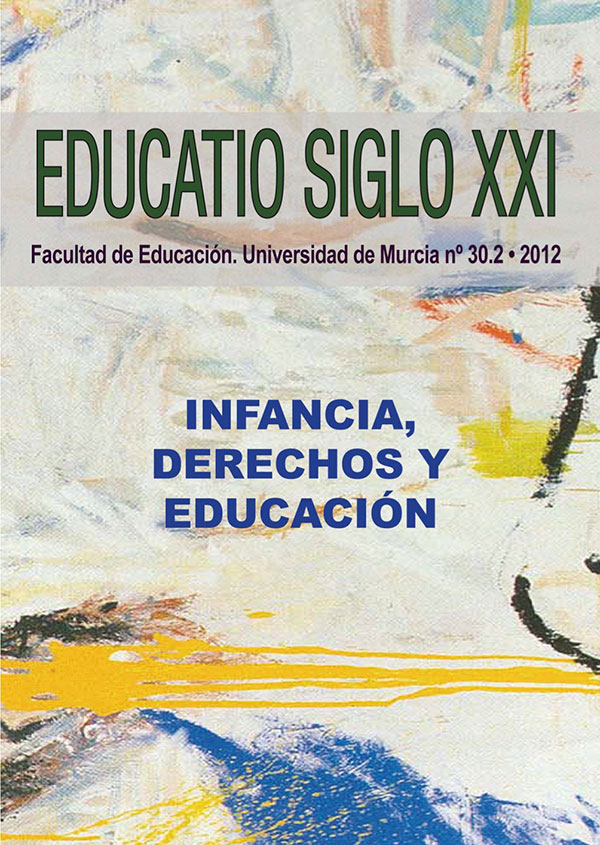The role of education and museums in the social inclusion. A contribution from animation sociocultural
Abstract
In this article, the authors tend to think about the relevance of museums as agents for social inclusion and community development, beyond their traditional role as reproducers of the existing cultural order. In this sense, we make a distinction between the democratization of culture as distribution and access to cultural assets of a community on the one hand, and cultural democracy, understood as cultural creation and social participation for building single and collective identity on the other hand. For getting the second option, we consider the socio-cultural animation as a powerful educative resource. From this perspective, socio-cultural animation can open the museums towards the community, as well as allowing to experiencing our culture, in an active, dynamic and integrative way. This is due to the fact that it is an educative instrument embedded in a social movement of resistance to the market economy, as opposed to the indifference and passivity, against exclusion, segregation and media glare of a subculture. This aspect is seen under the parameters and skills of intercultural education.Downloads
Original work publishes in this journal is subject to the following terms:
1. Murcia University Press (the publishing house) holds the copyright of the publishes work, and favours and allows their reutilization under the use license stated in point 2.
© Servicio de Publicaciones, Universidad de Murcia, 2015
2. Work is published in the electronic edition under a license (Creative Commons Reconocimiento-NoComercial-SinObraDerivada 4.0 España (legal text). They can be copied, used, disseminated, transmitted and publicly presented, as long as: i) authorship and original publication source is acknowledged (journal, publishing house and URL of the work); ii) are not used for commercial purposes; iii) the existence and specifications of this use license is stated.
3. Conditions for self-archive. Authors are allowed and encouraged to disseminate electronically the pre-pint (before review) and/or post-print (accepted for publication) versions of their work before their publication since that favours earlier circulation and dissemination resulting in an increased chance for the authors to be cited and for the work to reach a bigger share of the academic community. Colour: RoMEO: green.








